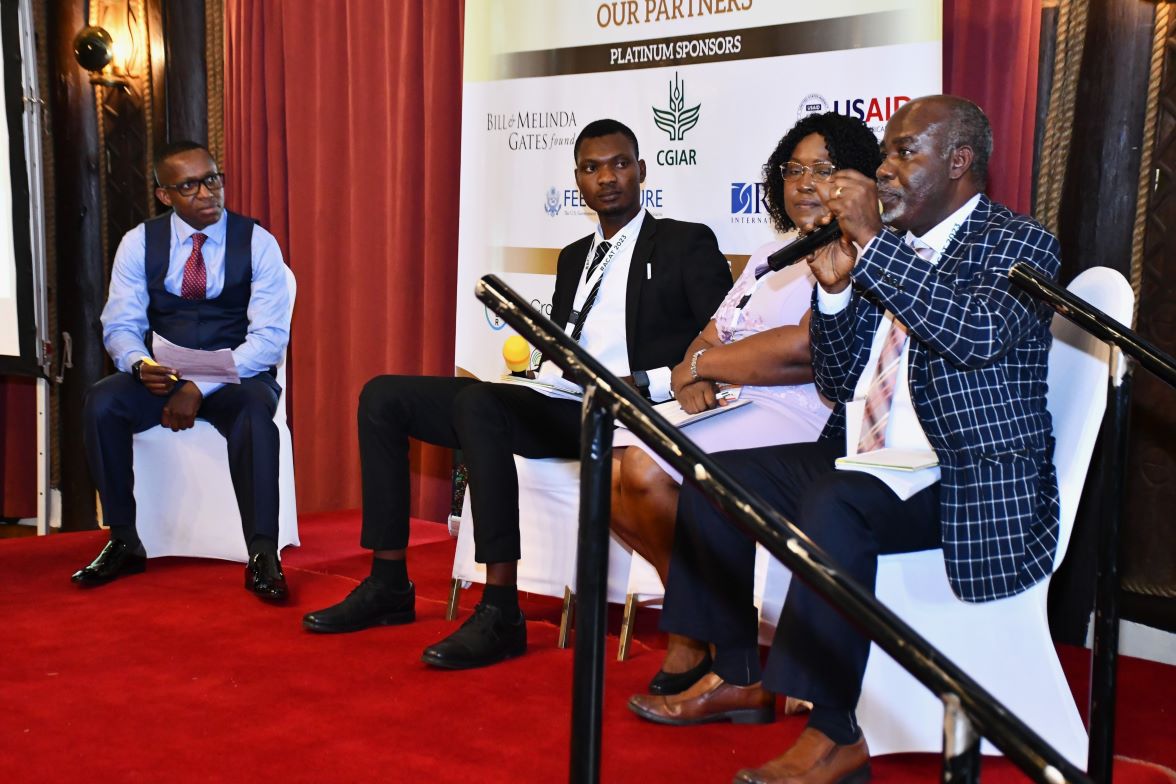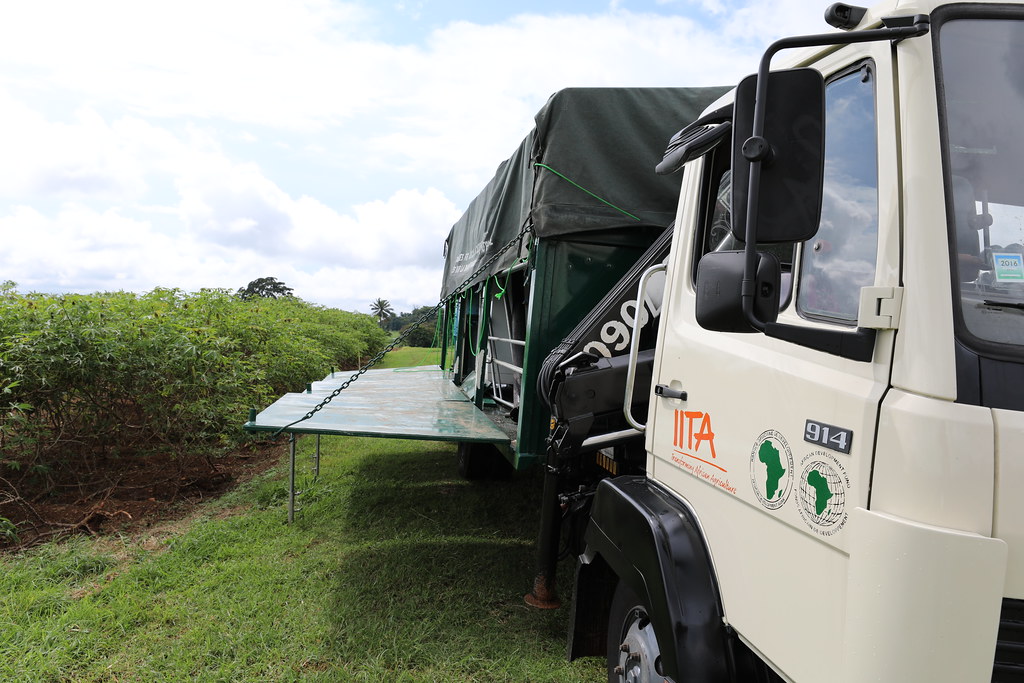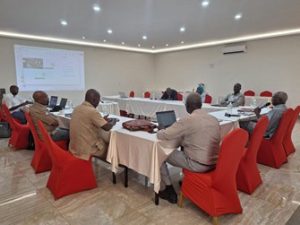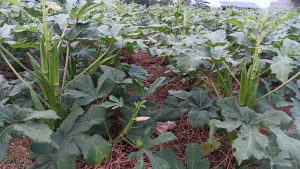TAAT rallies support for Agroprocessing at ACAT

Experts attending the ongoing African Conference on Agricultural Technologies (ACAT) have underlined the importance of Agro-processing in the quest for sustained and accelerated economic growth, food security, job creation and poverty reduction in Africa.
They disclosed this during the technical interactive panel on agroprocessing which held on the fourth day of the conference.
Agro-processing, they say, presents immense opportunities for adding value to agricultural products in Africa. Despite challenges related to finance, infrastructure, quality control, and market access, the experts believe that the benefits of agroprocessing such as value addition, job creation, improved food security, and export diversification are gamechangers for African agriculture.
Dr Adebayo Abass, the Cassava Compact Leader of the Technologies for African Agricultural Transformation (TAAT) hinted that through supportive policies, investment in infrastructure, access to finance, and capacity-building initiatives, Africa can unleash the potential of agro-processing, contribute to economic development, and create a sustainable agricultural sector.
“By adding value to agricultural products, Africa can position itself as a key player in the global agro-processing market and enhance its overall competitiveness on the world stage, Dr Abass added.
Dr Abass who is a Postharvest Specialist at the International Institute of Tropical Agriculture (IITA) affirmed that post-harvest infrastructure is key to store, transport and trade commodities. “Poor infrastructure, or rather a lack thereof, can disrupt supply chains and lead to a reduction in yields that could have been utilised for the sale or processing of commodities. Raw commodities are naturally perishable however African countries boast higher than average post-harvest losses,” he said.
According to Dr Abass, urgent interventions from the government, private sector and the donor community are required to directly address these infrastructure gaps. One of such interventions, he pointed out, is the TAAT Cassava Mobile Processing Machine, which allows modern processing machines to be transported to the rural sector to process cassava roots on-farm.
“The TAAT Cassava Compact is championing the use of Mobile Cassava Processing Plant model as an alternative investment approach for the private sector to avoid the problems associated with investments in expensive processing buildings, insufficient electricity supply, inconsistent and inadequate supply of raw materials, and the high cost of transporting bulky fresh roots to city-based factories,” Dr Abass said.
“It promotes commercial farm-gate processing even in remote areas and consequently increases the sales of cassava roots. It completely removes the drudgery and environmental health problems that women face during the peeling and frying of garri.,” he added.
Other experts at the session also agreed that agroprocessing, which comprises post-harvest activities carried out for the preservation and preparation of raw material for final consumption or other purposes can transform agriculture on the continent. “Agro-processing plays a vital role in transforming raw agricultural products into value-added goods. By adding value through processing, Africa can maximize its agricultural potential, create employment opportunities, and enhance economic development, they said.
Organised by Africa Agricultural Technology Foundation (AATF), ACAT brings together a dynamic community of agricultural researchers, policymakers, industry leaders, and innovators to exchange ideas, share best practices, and explore innovative solutions that can enhance agricultural productivity in Africa. With the theme “Agricultural Resilience through Innovation,” the conference which ends on the 3rd of November 2023, focuses on the centrality of science, technology, and innovation (STI) in fostering agricultural transformation on the continent.
Recent Stories
Related Stories
- VACS: Advancing the Soil Initiative for Africa through the Vision for Adapted Crops and Soil
- Sustainable cassava seed system is crucial to fighting hunger in Africa – Chief Olusegun Obasanjo
- African Development Bank approves phase II of TAAT programme
- Gabon: TAAT and Partners Reinforce Cassava and Plantain Seed Systems
- Feed Salone attracts over $60 million through Sierra Leone Seed Roadmap






